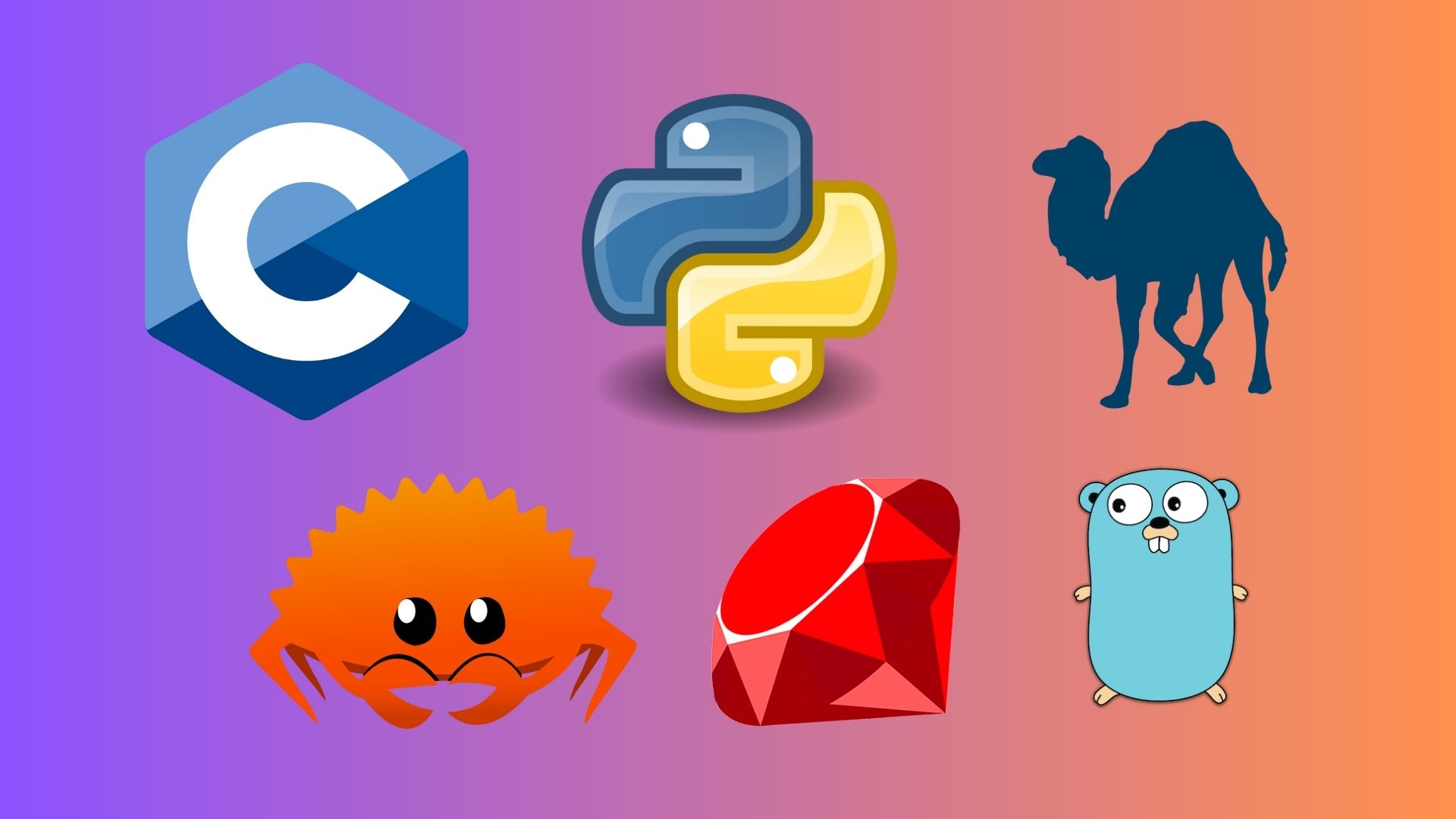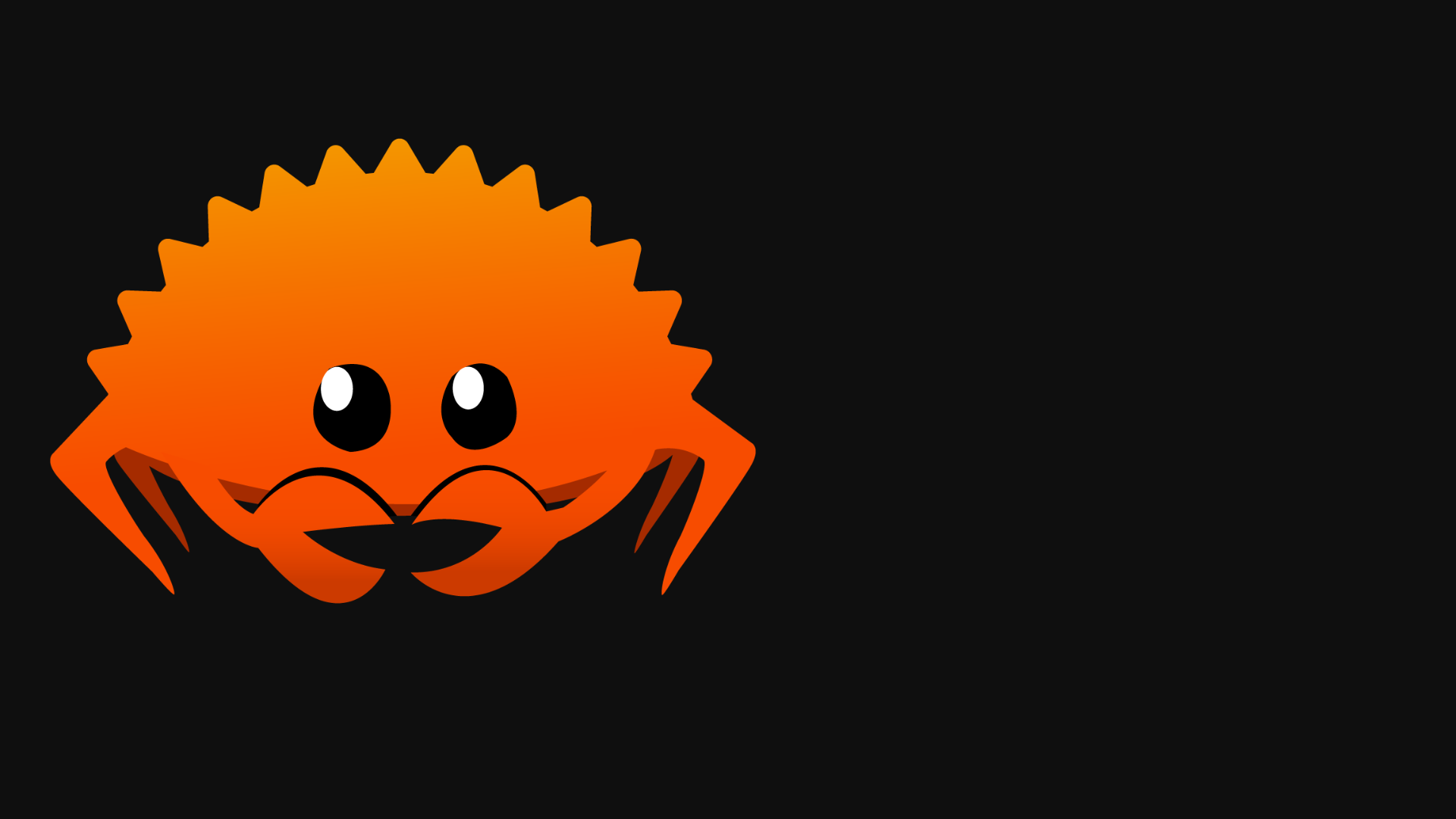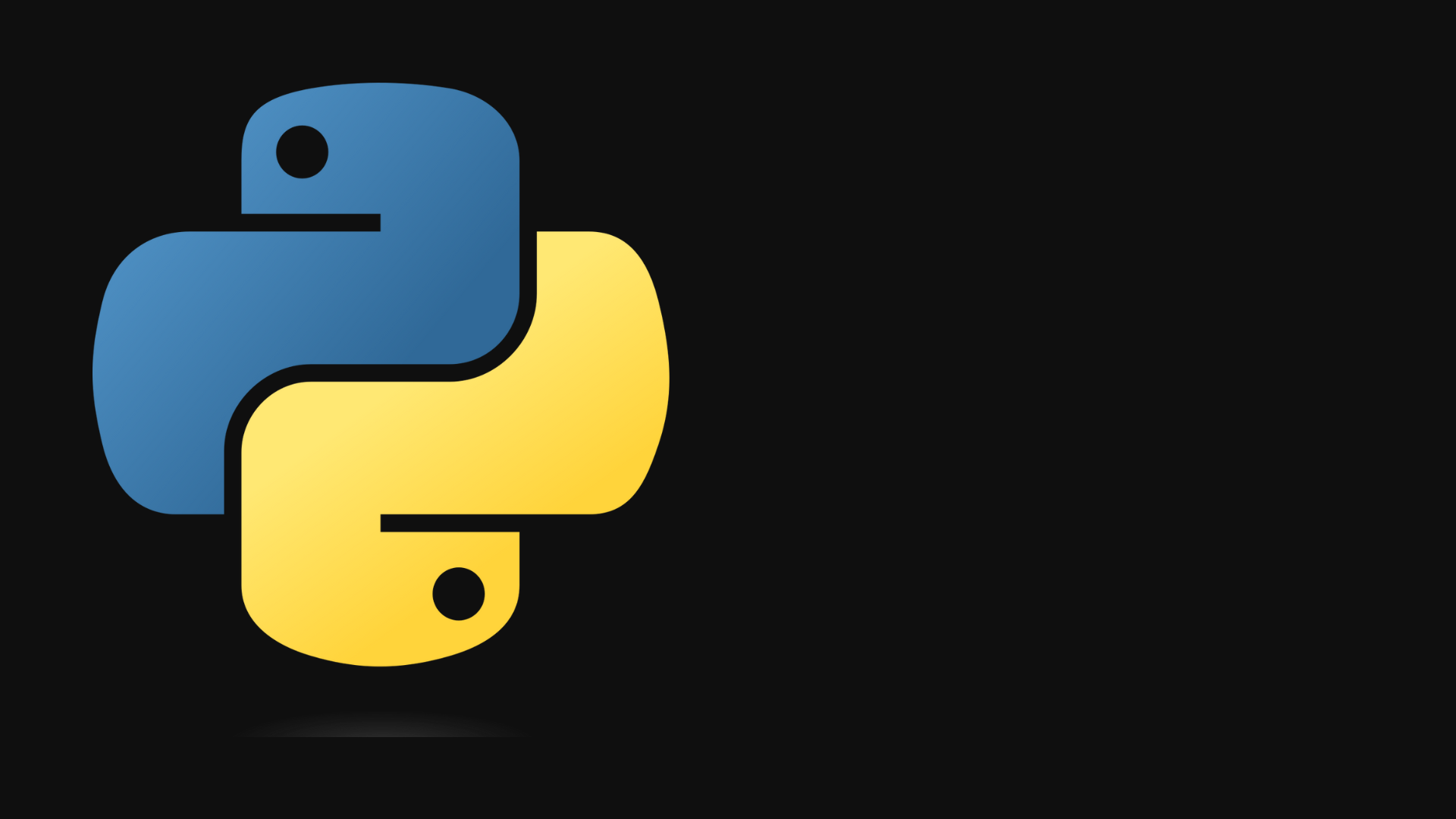Best programming languages for working with Linux

Linux is an operating system that stands out for providing numerous tools for programmers looking for efficiency and a fast and flexible development environment. With its open-source philosophy, Linux has built a large community of developers who collaborate on projects and constant improvements to the system.
In Linux, there are several programming languages that can be used for different purposes. However, some languages stand out more than others in terms of their popularity, effectiveness, and ease of use. Below, we present some of the best programming languages for working with Linux:
Sections
C/C++

Language type: Compiled
Webpage: https://isocpp.org/
C and C++ are two popular high-level programming languages widely used in the programming world. Both languages were developed in the 1970s by the American computer programmer Dennis Ritchie, and have become essential languages for the development of low-level system applications and software.
A large part of the Linux operating system kernel is written in the C programming language, making it one of the most important and fundamental languages for system programming. Furthermore, C is widely used in the development of low-level applications, device drivers, and system software.
Rust

Language type: Compiled
Webpage: https://www.rust-lang.org/
Rust is a systems programming language that focuses on security, concurrency, and performance. It was developed by Mozilla and released in 2010. Rust has a syntax similar to that of C and C++, but differs from them in its emphasis on safety and prevention of programming errors, such as invalid memory access or data duplication. It also has a unique memory management system that allows for memory allocation without the need for a garbage collector.
There are several reasons why you might consider using Rust on Linux. First, Rust is a secure programming language that focuses on preventing common programming errors, such as invalid memory allocation and data duplication. This can be especially useful in critical applications where security is a priority.
Additionally, Rust is a systems programming language that focuses on performance and concurrency. It can be used to develop high-speed and low-level applications, such as device drivers and system software. It has also become popular in web and server application development, thanks to its ability to handle multiple threads of execution and its unique memory management system.
Rust has gained great popularity in system programming, network applications, and high-concurrency web server development. If you are interested in this language, I recommend that you don't hesitate and start learning it as soon as possible.
Python

Language type: Interpreted
Webpage: https://www.python.org/
Python is a high-level, interpreted, general-purpose programming language. It was created in 1991 by Guido van Rossum and has become one of the most popular programming languages in the world due to its simplicity, ease of use, and flexibility.
Python is a very versatile language that can be used in a wide variety of applications, such as web development, data science, artificial intelligence, machine learning, task automation, scripting, and much more. In addition, Python has a large number of libraries and modules that simplify the application development process, making it an attractive option for programmers who want to reduce development time and improve efficiency.
· Note: If you're looking to learn Python, but don't know where to start, I recommend taking this course: https://skillsforall.com/es/course/python-essentials-1
Perl

Language type: Interpreted
Webpage: https://www.perl.org/
Perl is a general-purpose, interpreted, high-level programming language that was created by Larry Wall in 1987. Originally designed for text manipulation and file processing, it has evolved to be used in a wide variety of applications, including system administration, web development, data analysis, and more.
Perl is a highly popular programming language in the Linux environment due to its ability to handle and process large amounts of data and text files. Many of the tools and scripts used in Linux systems are written in Perl. In addition, Perl is a very useful tool for system administration and task automation in Linux, making it an essential tool for system administrators and software developers in Linux.
Ruby

Language type: Interpreted
Webpage: https://www.ruby-lang.org
Ruby is a dynamic, high-level, interpreted, and object-oriented programming language that was created in 1995 by Yukihiro "Matz" Matsumoto. One of the most prominent features of Ruby is its elegant and easy-to-read syntax, which makes it popular among programmers looking for a language that is easy to learn and use.
One of the advantages of Ruby is its extensive standard library, which includes a large number of useful tools and modules for common programming tasks such as file processing, networking, and database manipulation. Additionally, Ruby has an active and passionate community of developers who have created a large number of gems (reusable code packages) to extend the capabilities of the language.
Ruby is very useful for task automation and system administration in Linux. The combination of Ruby and Linux offers great flexibility and efficiency in the development and maintenance of computer systems.
GO

Language type: Compiled
Webpage: https://go.dev/
Go, also known as Golang, is an open-source programming language designed in 2007 by Google and a group of programmers led by Robert Griesemer, Rob Pike, and Ken Thompson. Go has become popular due to its efficiency, ease of use, and ability to handle large software projects.
Go is widely used for backend applications, especially in web server development, network applications, and microservices. Additionally, Go is popular in the cloud community and is used to create command-line tools and infrastructure applications. Go is compatible with multiple operating systems, including Linux, macOS, and Windows, and has a large number of libraries and tools to facilitate application development.
